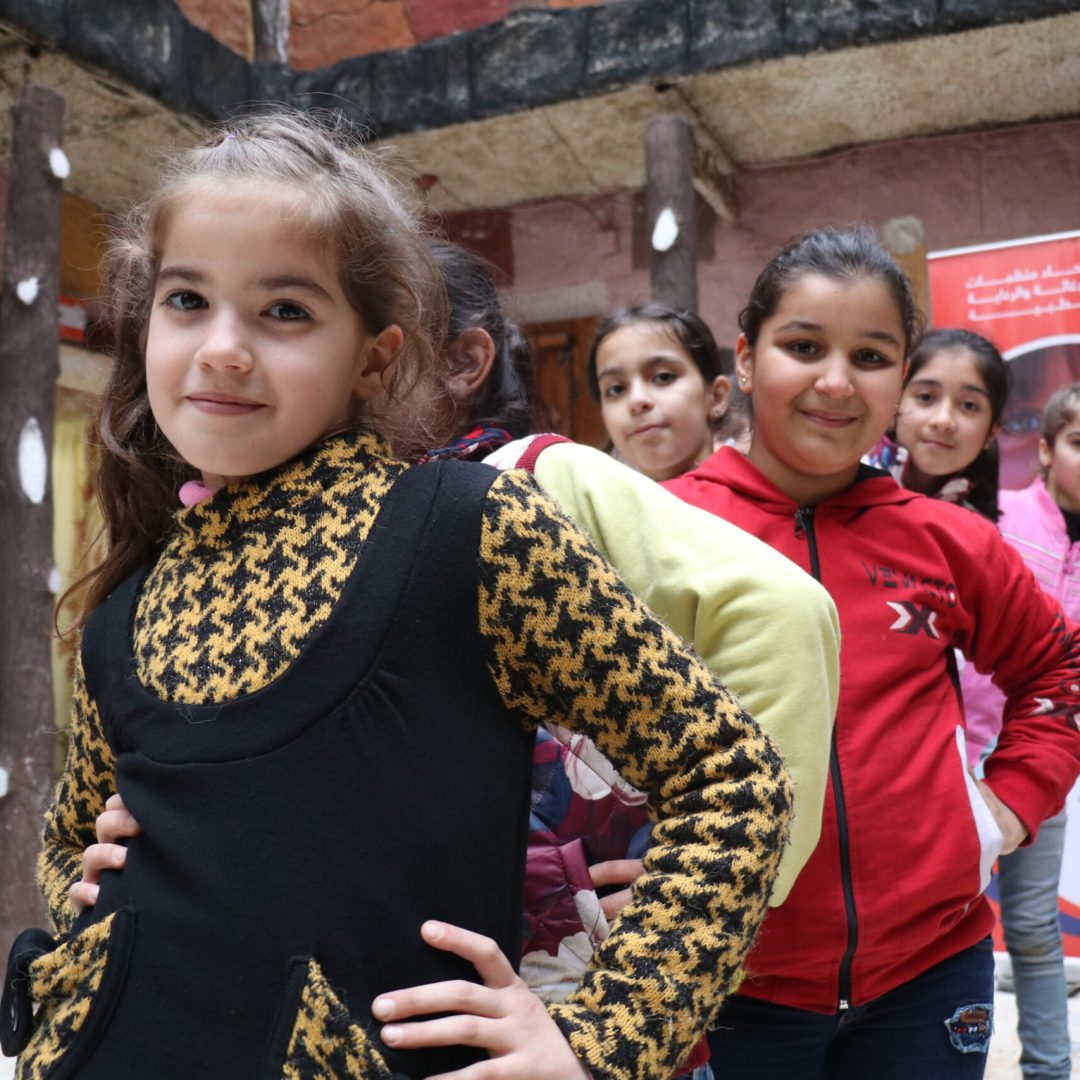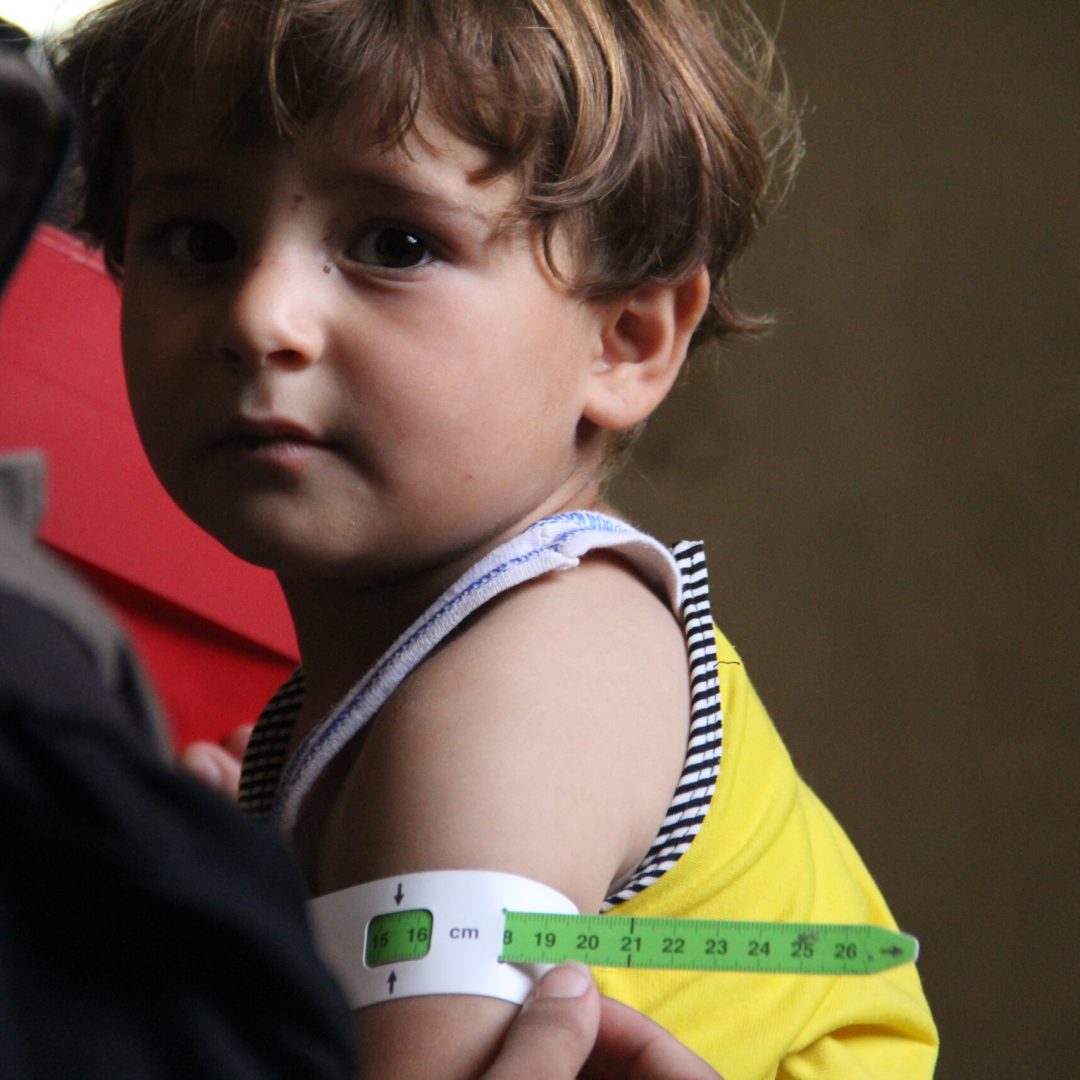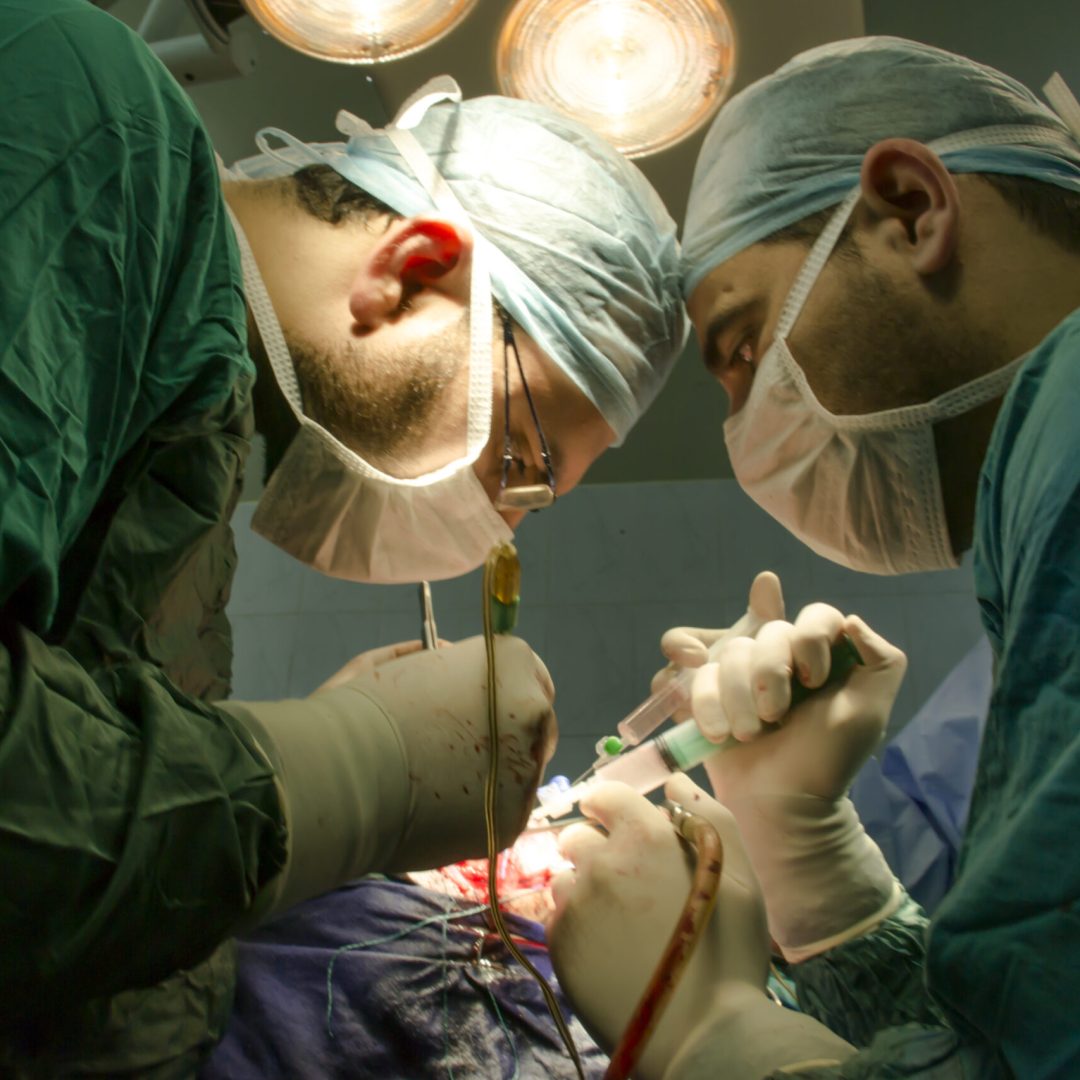The humanitarian situation in Bangladesh is multifaceted, influenced by various factors including natural disasters, poverty, and Rohingya refugee influx. Bangladesh is prone to cyclones, floods, and other natural disasters, which often result in widespread displacement and damage to infrastructure. Poverty remains a significant challenge, with a substantial portion of the population living below the poverty line. Additionally, Bangladesh has been hosting a large Rohingya refugee population since 2017, fleeing persecution in Myanmar. The Rohingya refugees live in overcrowded camps, facing limited access to basic services and protection concerns. Humanitarian organizations provide assistance, but resources are stretched thin, especially during times of crisis such as natural disasters. International support is essential to address the humanitarian needs of vulnerable populations in Bangladesh effectively.
The UOSSM Humanitarian Mission in Bangladesh took place across several locations within the country, including Dhaka, Uttara, Cox Bazar, and Chittagong. Spanning from January 20 to January 23, 2020, this mission was a concerted effort to address the pressing needs of Rohingya refugees living in various camps across Bangladesh. Through a multifaceted approach, the mission aimed to provide vital medical, dental, childcare, and empowerment services to the vulnerable population.
One of the primary interventions during the mission involved the establishment of six medical camps strategically located within Rohingya refugee camp areas, including Gundhum 2, Gundhum 3, Balukhali, and Jamtoli. These medical centers provided essential healthcare services to address the medical needs of the refugees, ensuring access to quality treatment and medications.
Furthermore, the mission deployed two mobile dental buses to offer dental care services to Rohingya refugees, catering to a substantial number of patients totaling 35,379. This initiative played a crucial role in addressing oral health issues among the refugee population, promoting overall well-being and hygiene.
In addition to healthcare services, the mission also focused on the welfare of children and women within the refugee community. Fifteen childcare centers were established to provide food, education, and recreational activities for over 3,000 children, offering a safe and nurturing environment amidst challenging circumstances. Moreover, woman-friendly spaces were created to empower refugee women, with a particular emphasis on teaching sewing skills. These spaces served as platforms for skill-building and personal development, benefiting 905 women who received training.
Led by Mr. Ahmad Al Dbis, Safety Security Department Manager of UOSSM, the mission aimed to visit local partners, assess ongoing projects, and understand the activities of organizations working among Rohingya refugees in Bangladesh. Beyond the tangible interventions, the mission left a lasting impact by inspiring and motivating humanitarian workers, volunteers, and refugees alike, fostering a sense of hope and resilience within the community.
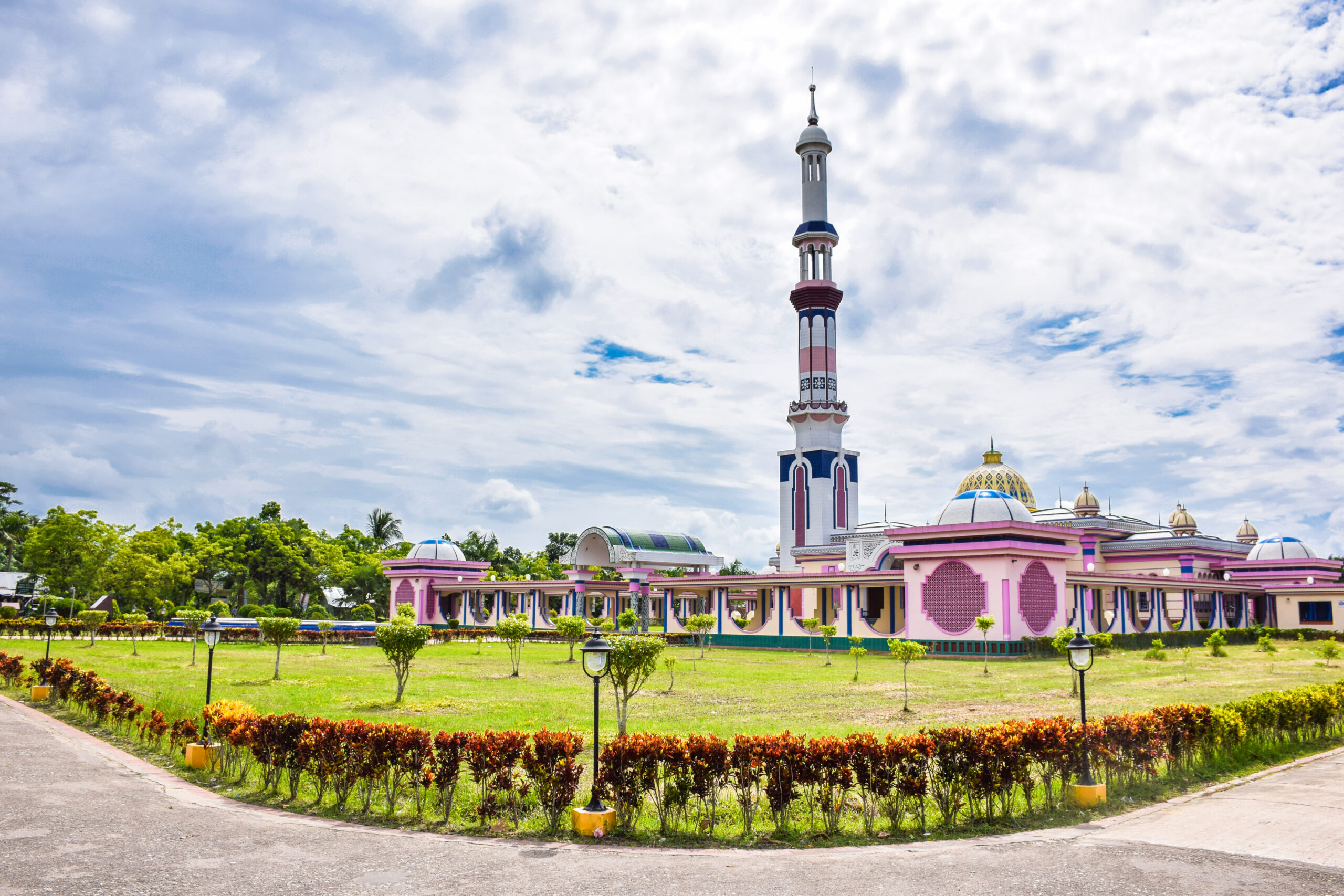
Sign up to receive frequent email updates on our projects and initiatives. Stay informed and connected with our work, making a difference with each update. Join us now!


